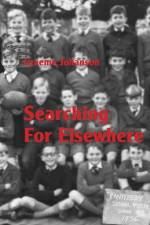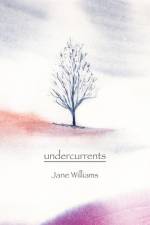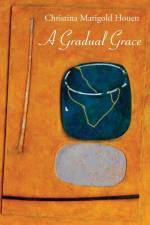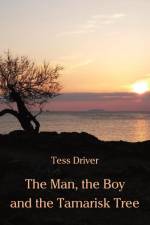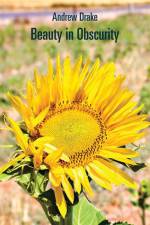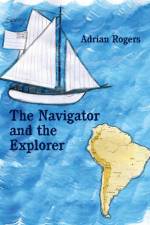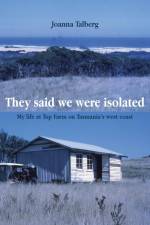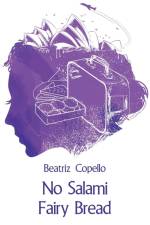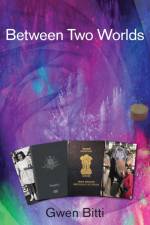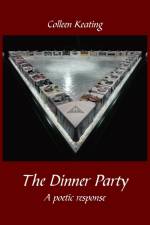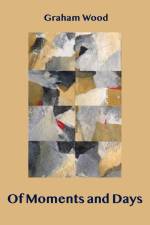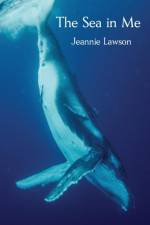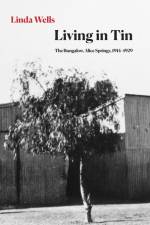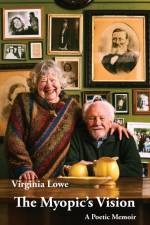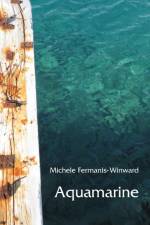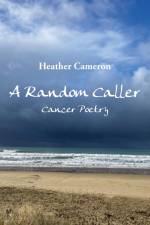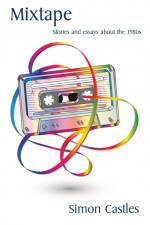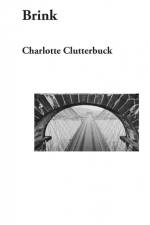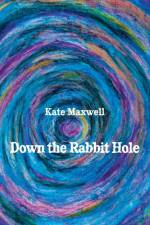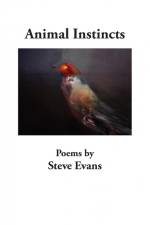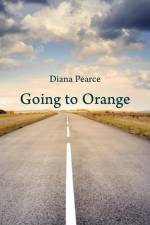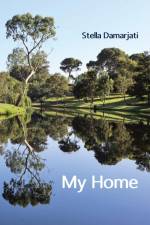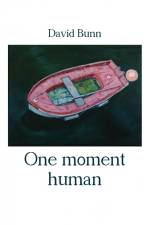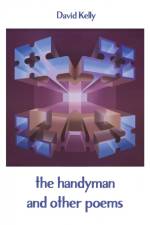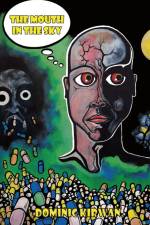av Beatriz Copello
195,-
'No Salami Fairy Bread is an invitation to open each page of a new life, full of uncertainty and tenacity due to her family's decision to leave Argentina. Copello writes from her eyes and heart as an immigrant woman who came to live in Australia, "Free land for those who are willing to work it'. Reading her poems, the strong voice of a young woman appears, carrying suitcases (maletas) full of dreams, of women's struggles for liberation, of lovers, of family, of education. "Let's take a photo, for posterity", said the husband. "She looks beyond the camera, beyond the husband, / Beyond the present to a time / when dreams come true."' - Juan Garrido Salgado, poet'No Salami Fairy Bread is a moving series of poems that chart Beatriz Copello's migration from Argentina to Australia and subsequent coming of age as a young wife, mother and modern woman. The book is a powerful story of loss and discovery, with a strong narrative arc that mingles with rich nostalgia. The book covers, in a way that only verse can, the complex mixture of fear and excitement, disappointment, aspiration, perseverance, resignation, awakening and, above all, transformation in the Sydney of the seventies. Beatriz Copello draws together her skills as a psychologist and poet, and the weight of her lived experience, to tell a story that is equal parts humour, pain and joy which is both poignant and powerful.' - Magdalena Ball, Compulsive Reader'I am hooked! There are so many "hooks" for me in Beatriz Copello's work that I truly do not know where to begin. I thought I was reading a book of poems. And it is. But then I found myself in the middle of a novel, a page-turner which I just couldn't put down! For in No Salami Fairy Bread, the poet spins a spellbinding yarn. She does it in a style which is direct, oscillating between the refreshingly humorous and ironic, and the heart-rending - often in the same poem. The intensity can be unsettling at times. But even in such situations, the poet does not let you fall, rather beautifully balancing you by her utmost integrity, hued by pinches of humour - even in dark situations. I dare you pick this volume up and put it down before its last reflective poem.' - Daniel Lonita, poet

